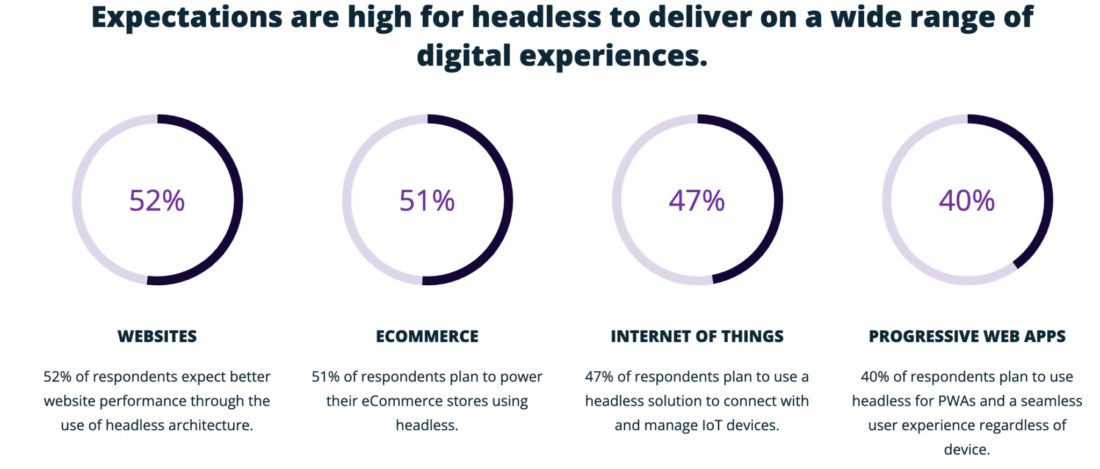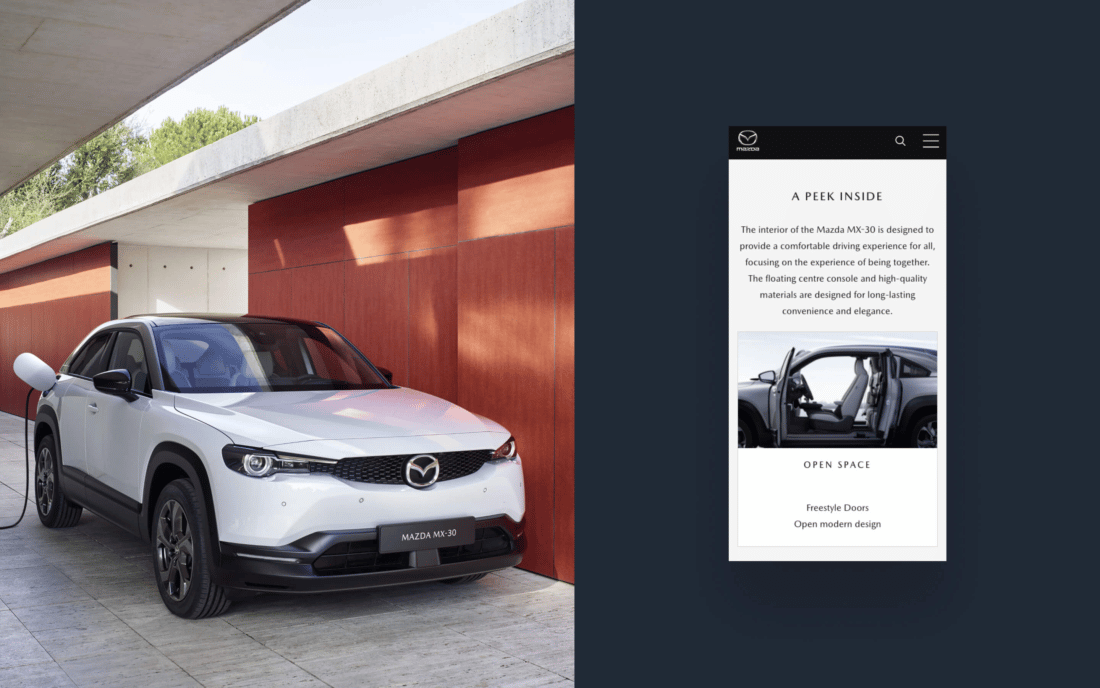Having the kind of ubiquitous development languages that you can just leverage is a huge benefit.
Adam Davey is the Director of Technology at Candyspace, an award-winning agency and WP Engine partner focused on designing, building, and optimizing digital products through the creation of websites, mobile apps, and e-commerce solutions. Their clients include such recognizable brands as ITV, Rolls Royce, Mazda, Mars, and Colgate. Candyspace was named Mobile Agency of the Year by Recommended Registries Roster.
Davey has been with Candyspace for almost a decade, working in the “sweet spot” between business need and customer demand. He’s an expert in back- and front-end technology stacks, infrastructure and security.
In this episode of Velocitize Talks, Adam Davey, who’s excited to work for a “people company,” shares his insights on creating and designing websites, e-commerce and the many benefits of WordPress.
Headless Adoption
Let’s not forget. At the center of this is content management.
Naturally there are a number of drivers to adopting a headless approach, including page speed, front-end freedom, and the overall editorial experience. Businesses operating in unpredictable environments with outdated or legacy technologies especially can benefit from going headless.

“We see a lot of businesses who often want to just tactically remove a part or replace a part of their legacy system and innovate quickly and not be burdened by old systems,” says Davey. “It’s called shadow IT, where people come along and want to get things done under the radar because the solutions they have in-house just aren’t working for them. That’s where I think [headless] can really help.”
When a client is exploring headless, Davey says the most important thing is buy-in from all parts of the business. For example, in the past couple of years, major brands like Nike, Untied Airlines, and Target have pivoted to headless. But with smaller businesses, it’s best to start small and build out from there.
In the end, headless isn’t just about developers; it’s also about content creators. “Bringing a CMS in that really serves them for now and in the future with its scalability and security and providing a great editing experience keeps developers happy and it keeps the content editors happy,” says Davey.
Atlas & the Enterprise
The number one reason that businesses make the switch to a headless CMS is speed. The majority of enterprise organizations (64%) already use a headless approach. In 2019, that number was only 25%.

Atlas, WP Engine’s Headless WordPress product line and platform, is 10 times faster than WordPress alone and can be readily deployed. “Apart from speed, which is obviously a massive benefit, it allows us to focus on delivering great customer experiences,” Davey says. This can be accomplished by leveraging the in-house frameworks.
“Businesses can be quite nimble now and deploy something within their stack that works for them,” Davey says. “The CMS can be just that. Atlas can be just that.”
Community Service
We love that transparency and communal ecosystem that exists within open source.
WordPress is widely recognized as an ideal content management system for smaller businesses and enterprises alike; however, there remain some reservations about adopting a relatively inexpensive open-source platform such as WordPress. However, working in open source can manage the larger and more diverse needs of the enterprise. It can also help accelerate time to market.

Another benefit of open source is the the open-source community at large, which fosters collaboration in developing new plugins, themes and design features.
Driving E-Commerce
Technology is becoming an enabler for great experiences and the things that people need. Rather than it being gimmicky or flashy, we’re talking about things that can actually, tangibly improve lives.

Candyspace worked with Mazda UK in 2020 during Covid to evolve their website by implementing a seamless data-driven user experience and increasing onsite engagement. The agency was able to maximize their site performance through interactive content and a virtual showroom, increasing the number of conversions during an extremely challenging time for businesses.
“[Mazda] was a client that was very challenged by Covid but we really helped through that time,” Davey says. “I would say it’s been a real success and and that culture of experimentation is now heavily ingrained in the business.”
To learn more about Candyspace, visit their website and follow them on LinkedIn and Twitter at @CandyspaceLtd. To keep up with Adam Davey, follow him on LinkedIn.

0 Comments